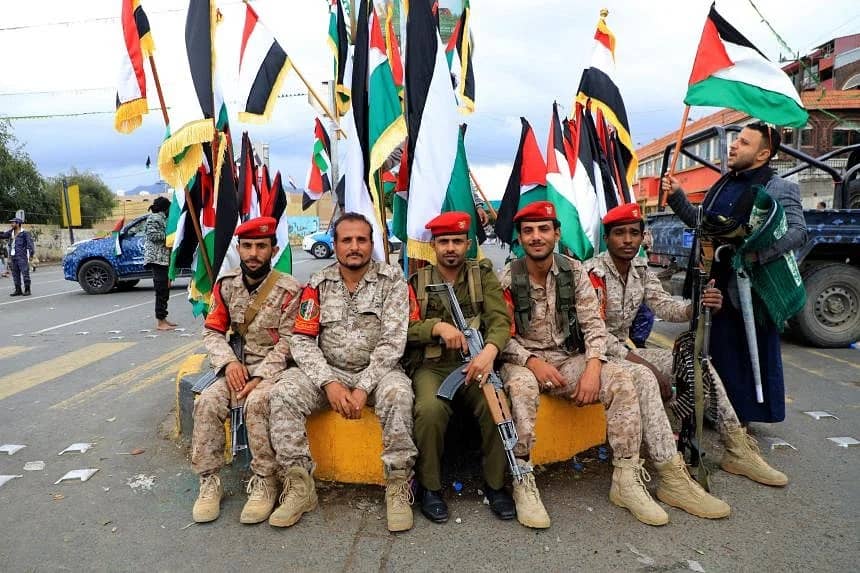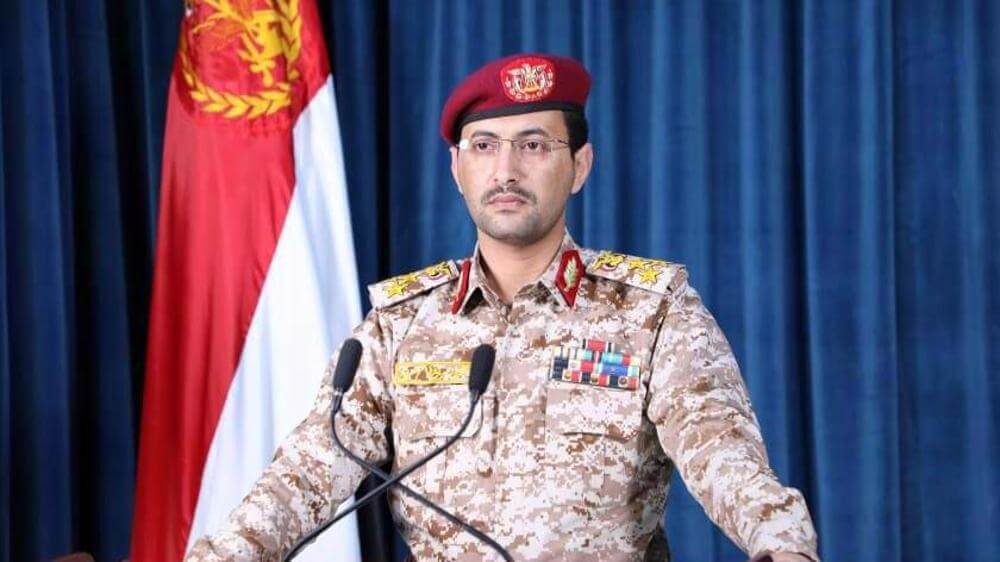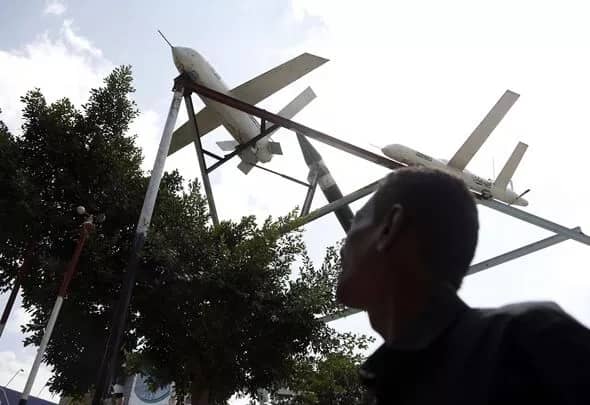Yemen’s Houthi rebels claim that they have launched ballistic missiles and drones at Israel. Israel’s military also said that it intercepted an unidentified ‘ariel target’ and separately intercepted surface-to-surface missiles over the Red Sea on Tuesday (October 31st) morning.
“Citizens were not in danger or at risk,” the Israeli military declared. Residents of the well-known Red Sea resort of Eilat fled for safety as the incident set off air raid sirens.
Separately, the Israeli military announced that it successfully intercepted a surface-to-surface missile being fired towards its territory in the Red Sea using the “Arrow” aerial defense system, using it for the first time since the conflict with Hamas began on October 7.
Who are the Houthi rebels?
After North and South Yemen were united in 1990, Ali Abdullah Saleh became the head of the newly formed Republic of Yemen. With support from the US and Saudi Arabia, Saleh’s administration expanded the power of Salafi and Wahhabi Sunni Muslims, who are associated with Saudi Arabia, in northern Yemen, which is the historic home of the Zaydis, a Shia sect that makes up roughly 25% of Yemen’s Muslim population.

As a result, there was a backlash against the Zaydis, and the Houthi movement—named for its leader, Hussein Badreddin al-Houthi—rose to prominence as its defender, advocating for the resurgence of Zaydism as well as animosity toward Saudi Arabia, the US, and the government of a united Yemen.
The Houthis and the Yemeni government have been engaged in a protracted war for more than 20 years, with the involvement of numerous outside parties. Initially, the Houthis portrayed themselves as an opposition force to Saleh’s autocratic rule and as a resistance group that emerged from a Yemeni military attack in Sa’ada.
The Houthi movement was certain to become an Iranian-backed proxy force, like Hizbullah in Lebanon, given its Shia religious identity and animosity toward the US, Saudi Arabia, and the internationally recognized Yemeni government. The Yemeni rebels have been suspected of receiving heavy equipment from Iran, notably the missiles they have fired against Saudi Arabia and the United Arab Emirates. Both Iran and Houthi denied the charge.
Saleh launched a military operation in June 2004 to put an end to the Houthi rebels in the Sa’ada Governorate. Up to five battles were fought between the Houthis and Yemeni government troops between 2004 and 2010, after Houthi commander Hussein al-Houthi was slain by Yemeni forces in September 2004.
Yemeni activists started advocating for government change in 2011 after being influenced by the Arab Spring. Pressure from both inside and outside the country forced Saleh to step down. As part of an agreement mediated by the Gulf Cooperation Council (GCC), his vice president, Abed Rabbo Mansour Hadi, took over as president for a two-year transitional phase.
Yahya Saree of Yemen’s Houthi rebels
The Houthi military’s spokesperson, Yahya Saree, declared that this operation was the third that had targeted Israel and vowed to continue striking “until the Israeli aggression stops.”

The Yemeni group supported by Iran, according to a senior Houthi official, has launched drones towards southern Israel.
The prime minister of the Houthi government, Abdelaziz bin Habtour, declared, “These drones belong to the state of Yemen.”

In the midst of the Israel-Hamas conflict in Gaza, regional tensions are on the increase.
Reporting from occupied East Jerusalem, Al Jazeera’s Sara Khairat stated, “This is a concern for Israel because it is already engaged in conflict with the Iran-backed Hezbollah on its northern front.”
Drones detonated explosives in the Egyptian cities of Taba and Nuweiba, which are located close to the Israeli border, on October 27. The Houthis, who are backed by Iran, fired drones and missiles “with the intention of harming Israel,” according to Israel’s Ministry of Foreign Affairs.
The events transpired in the aftermath of Hamas’s declaration two days prior that it had fired a missile in the direction of Eilat. According to the Israeli military, the rocket touched down in a wide area.
Additionally, this week, the US military said that a navy warship in the northern Red Sea had stopped Houthi rockets that were possibly aimed at Israel.
Casualties so far
Following Hamas’s October 7 surprise attack inside Israel, regional tensions have increased. Hezbollah and Israel have engaged in escalating cross-border gunfire since that time. Iran disputes any involvement with the Hamas assault.
After over three weeks of continuous bombing, Israel has increased the scope of its air and ground assaults on the Gaza Strip in recent days.
While Israeli authorities report that more than 1,400 people have died as a result of Israel’s airstrikes, Gazan officials claim that over 8,000 Palestinians have died as a result of the bombings.